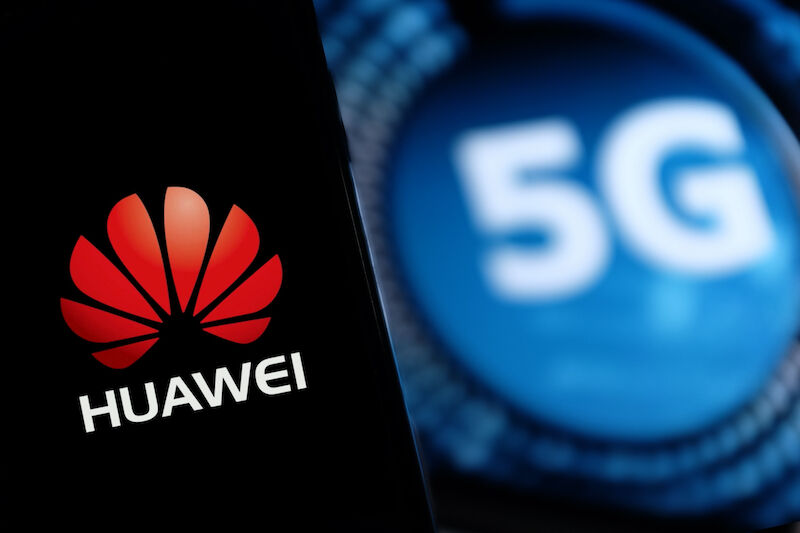EE Begins Replacing Huawei Kit

The BT Group has begun removing and replacing Huawei equipment from EE’s 5G network in Hull, the start of a nationwide effort that could take six years and cost up to £500 million.
Last year the government announced that Huawei kit must be stripped from the UK’s 5G mobile networks by 2027, over concerns about the Chinese company’s role in critical UK infrastructure and the potential use of the equipment in espionage.
UK mobile operators are also now banned from purchasing Huawei’s Radio Access Network (RAN) products and new installations of the hardware on 5G networks must cease by this September.
Operators had argued that ditching Huawei would mean their next-generation mobile networks get off the ground less quickly and cost more to install. They’ve estimated that eschewing Huawei—and stripping it from 5G infrastructure already in place—will delay the 5G rollout by two to three years and add £2 billion to its cost. The ban also impacts 4G networks, which are closely interconnected with 5G infrastructure.
But with the government not backing down, mobile networks have begun the long process to strip out Huawei equipment and replace it with alternatives.
BT has signed agreements to use equipment from Finnish company Nokia, with additional kit from Swedish firm Ericsson deployed in high-traffic areas. With subsidiary EE’s 5G network the most developed in the UK, BT must remove equipment from 12,000 mobile masts and rooftop sites, out of the total of 18,000 sites it operates.
BT has begun the process in Hull in the East Riding of Yorkshire, swapping mobile equipment in the area to Nokia. It expects the work to be completed in the city by July.
Howard Watson, CTO at BT, told Bloomberg: “We were quite keen to pick one city area and do the whole of that, and make sure that we can really check that we’re not having an adverse impact on customer service. The signs are really good for that so far.”
All mobile operators must perform the same process, although O2 had already chosen to use Ericsson for its 5G deployment and will be less impacted.
To mitigate the negative effects of the Huawei ban, the government has tried to diversify the supply chain for mobile equipment, encouraging South Korean company Samsung and Japanese firm NEC to enter the UK market. It’s also promoted the development of OpenRAN equipment—standardised designs that could allow a range of firms to supply the hardware and software of mobile networks. Vodafone in particular is an advocate of the vendor-neutral OpenRAN approach.
Read on our blog

With the government poised to implement tough new measures to...

Budget broadband provider TalkTalk has been notifying customers via email...

A year-long investigation by charity Citizens Advice has revealed a...

Education Secretary Nadhim Zahawi has announced a new commitment to...
